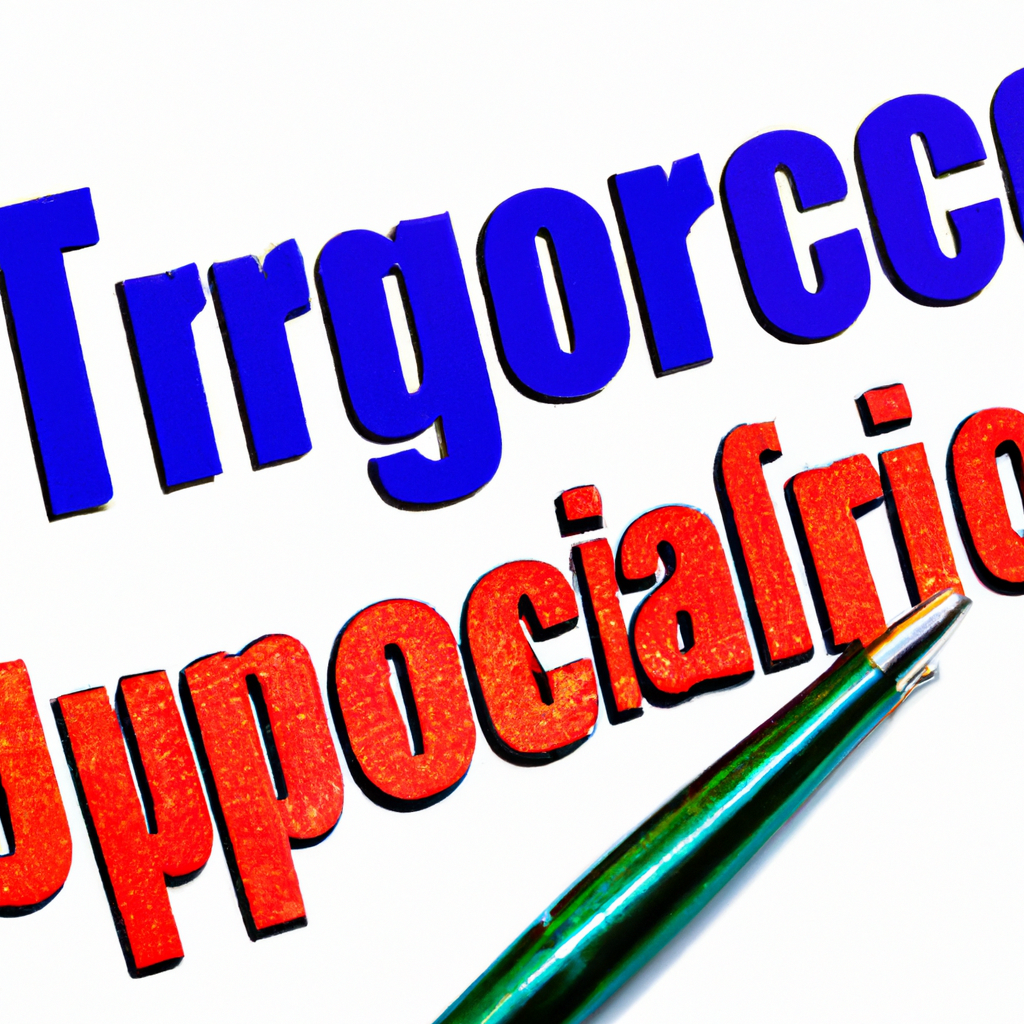Trade Policy Changes: Impact on Global Economy
Introduction
Trade policy changes play a crucial role in shaping the global economy. These policy adjustments, implemented by governments, can have far-reaching consequences on various aspects of international trade. In this article, we will explore the significance of trade policy changes and how they impact the global economic landscape.
Understanding Trade Policy Changes
Trade policy refers to the set of rules, regulations, and agreements that govern the flow of goods and services across national borders. Governments continuously review and modify their trade policies to protect domestic industries, stimulate economic growth, and maintain favorable trade balances. Let’s delve into the key areas where trade policy changes have a significant impact.
1. Tariffs and Import Duties
Tariffs and import duties are tools used by governments to control the flow of goods and protect domestic industries. When a country increases tariffs on imported goods, it becomes more expensive for foreign companies to sell their products in that market. This protectionist approach aims to safeguard local businesses, but it can also lead to retaliation from other countries, creating trade wars and disrupting global supply chains.
2. Free Trade Agreements
Free trade agreements (FTAs) are agreements between countries that aim to reduce barriers to trade, such as tariffs and quotas. These agreements promote economic integration and foster mutually beneficial relationships among participating nations. When trade policies shift towards embracing FTAs, it can lead to increased trade volumes, job creation, and economic growth for the involved countries.
3. Non-Tariff Barriers
Non-tariff barriers include regulations, standards, and administrative procedures that countries impose to protect their markets or ensure the safety of their citizens. Changes in non-tariff barriers can impact trade flows by either easing or tightening market access. For example, if a country strengthens its food safety regulations, it may restrict the import of certain agricultural products, affecting exporters.
4. Intellectual Property Rights
Trade policy changes also encompass intellectual property rights (IPR) protection. Strengthening IPR regulations can encourage innovation and protect the rights of creators and inventors. However, excessive IPR protection may hinder technology transfer and limit access to affordable medicines, particularly in developing countries.
Impact on Global Economy
Trade policy changes have a profound impact on the global economy. Here are some key consequences:
1. Economic Growth
Well-designed trade policies can stimulate economic growth by promoting competition, attracting foreign investment, and expanding market access. On the other hand, protectionist measures can hinder economic growth by limiting market opportunities and stifling innovation.
2. Supply Chains and Globalization
Trade policy changes, especially those involving tariffs, can disrupt global supply chains. Companies heavily reliant on international sourcing may face increased costs, reduced competitiveness, and supply chain reconfiguration. These changes can have ripple effects on job markets, consumer prices, and overall economic stability.
3. Trade Imbalances
Trade policy adjustments can impact trade imbalances between countries. By imposing tariffs or quotas, a country may attempt to reduce its trade deficit and protect domestic industries. However, such measures can lead to retaliatory actions and potentially exacerbate trade imbalances in the long run.
4. Diplomatic Relations
Trade policy changes can strain diplomatic relations between countries. Disputes arising from trade policies, such as anti-dumping investigations or intellectual property infringements, can escalate into trade wars and strain global cooperation efforts.
Conclusion
Trade policy changes are an integral part of economic governance and have a profound impact on the global economy. Governments must carefully consider the potential consequences of their policy adjustments to ensure a balance between protecting domestic industries and fostering international trade. International cooperation and open dialogue are crucial for managing trade policy changes and minimizing disruptions to the global economic order.

